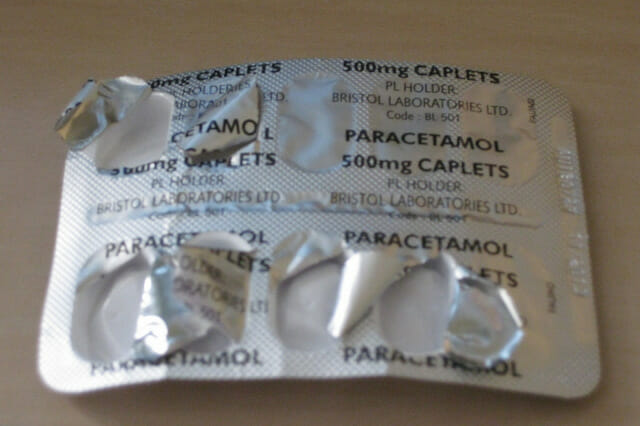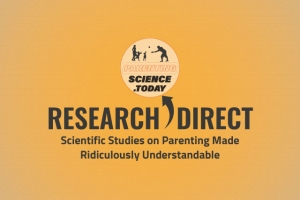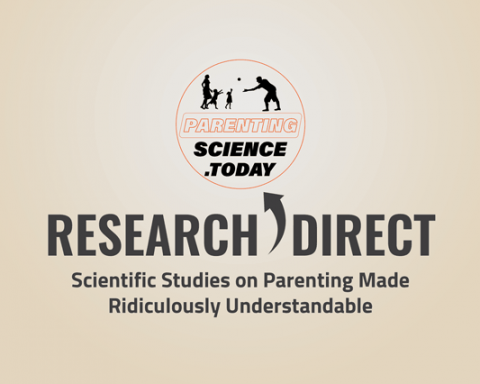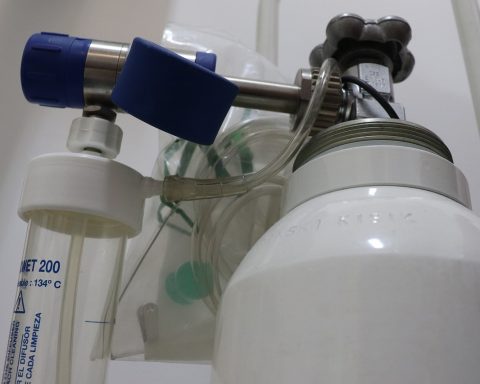Browse Tag
Disease
Diseases are the result of internal dysfunctions that compromise the body’s ability to protect itself. They cause various disabilities or infections that can affect a person physically and psychologically and are associated with pain, distress, or even death. Children are particularly prone to disease because of their weak immune systems and relatively vulnerable condition. Diseases can be either communicable or noncommunicable; some diseases are transmitted via physical contact, bodily fluids, or contaminated surfaces or air. They can be short-term or long-term, curable or uncurable, and they can also progress from minor to acute over time. Diseases can be diagnosed by a specialist based on their specific signs and symptoms. Treatments vary depending on the disease. The best way to prevent a disease is frequent checkups and doctor visits to curb any diseases that could crop up. Early diagnosis and subsequent treatment are also important in managing disease.










Follow Me